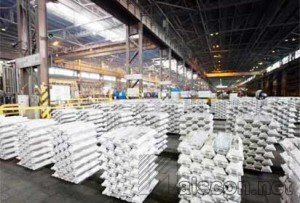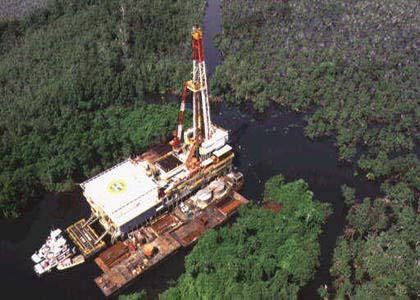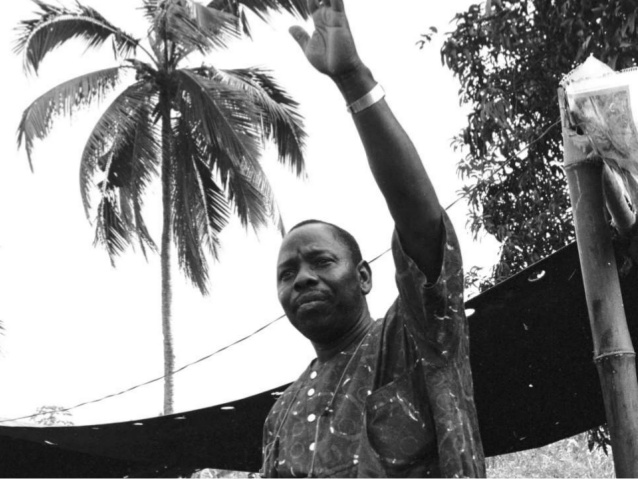
Kunle Kalejaye 03 April 2017, Sweetcrude, Lagos – The level of gas flaring in Nigeria has dropped to 10 per cent, according to the Nigerian National Petroleum Corporation, NNPC.
The drop came in the last 10 years, during which the level of flaring moved by 26 percent from the 36 percent level as at 2006.
With the development, Nigeria also moved from number two to the number 6 position in the global gas flaring chart.
It is an indication that the country was making progress towards extinguishing routine gas flaring in its oil fields even though experts claim the movement was rather slow.
Explaining the gas flare reduction trend in Abuja, NNPC Chief Operating Officer, COO, Upstream, Mallam Bello Rabiu, noted that as at 2006 Nigeria was flaring 2.5 billion standard cubic feet, scf, of gas, while consuming only 300mscf of gas per day.
Rabiu, who stated that technology had helped the industry record a drastic flare down, said the drastic reduction in flares was also achieved through aggressive gas commercialisation anchored on the Federal Government’s Gas Master Plan.
“The Gas Master Plan was geared towards addressing four key critical issues of gas availability, infrastructure, commercialisation framework and gas affordability,” he said.
He explained that though the implementation of the plan was driven by NNPC, it was sponsored by all the oil and gas companies operating in the country and that it has helped in addressing some of the issues that were confronting the gas sector.
The COO stated that in order to ensure gas affordability, the plan stipulates a lower price for gas to the power sector which is the most important segment while other sectors of industries and manufacturing get gas at a commercial rate.
This measure, according to him, was to ensure that gas producers get value for the gas they produce for sale.
On other actions to end gas flaring in the country, Mallam Rabiu said government had designed a National Gas Policy, which seeks, among others, to end gas flaring by 2020.
He explained that the National Gas Policy had been circulated to all industry operators to guide them on the direction of the Federal Government with regard to how it wants the nation’s abundant gas resources deployed.
He said the policy document was being studied by all stakeholders in order to put them on the same page with the government.
The COO also informed that the Federal Government provided a guarantee of payment to gas suppliers through the Central Bank of Nigeria and the World Bank three weeks ago as part of incentives to get the oil and gas companies to commercialise more of their gas.
“This is a very important step that the NNPC has been working on since 2008”, he enthused.
On appropriate gas pricing, Mallam Rabiu said a gas aggregation company of Nigeria had been established by all the gas producing companies in te country to work towards achieving parity between domestic and export gas prices.



